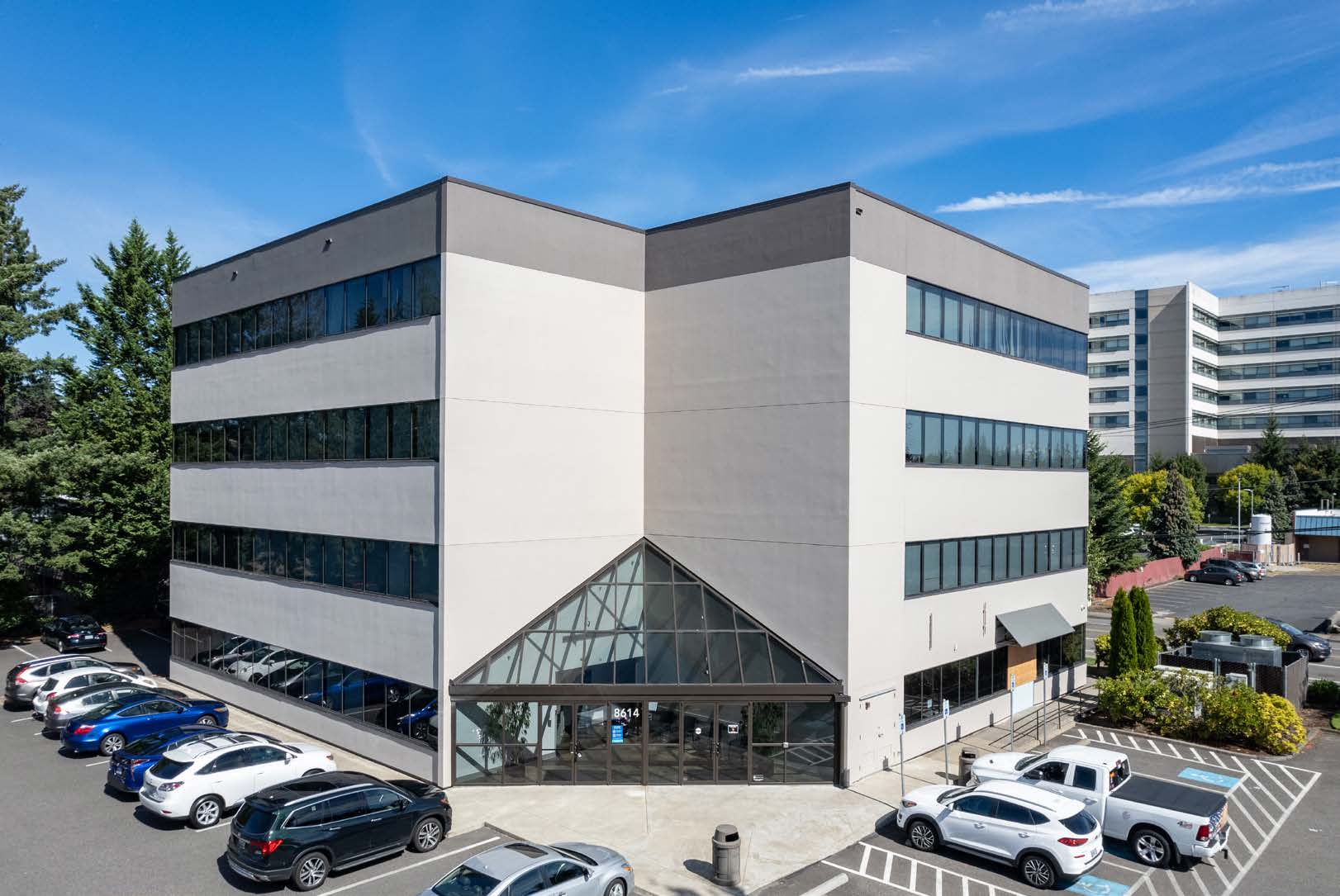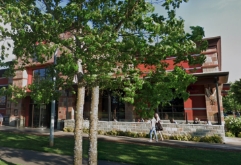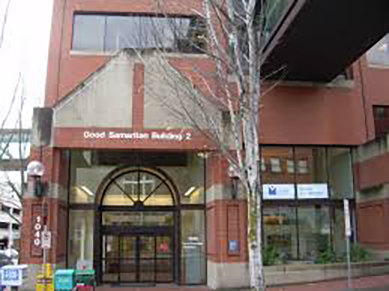Colorectal Conditions and Procedures
Anal Fissure
A small tear in the lining of the anus that can occur due to trauma ranging from straining, tight anal sphincter muscles, hard and dry bowel movements, loose stool, diarrhea, or injury during childbirth. Symptoms may include severe pain during and after bowel movements lasting up to a few hours, blood from the anus that can be seen on stool or toilet paper, itching of the anus, but some individuals can be symptom free. Anal fissures are diagnosed by exam of the anus and surrounding tissue and treated by healing on their own or with non-surgical treatment.
Anal Cancer
Anal canal is short tube surrounded by muscle at the end of your rectum. Anal cancer starts in the cells around or just inside the anal opening. A person may be diagnosed with precancerous cells in the anal area. With time, these cells may have a high chance of becoming cancerous. While this condition is treated differently than anal cancer. It is the reason to get treatment early.
Colon Polyps and Cancer
Colon polyps are growth within the lining of the colon. They come in different sizes and can resemble a dome-like shape. These polyps can grow as benign tumors but can develop into cancerous tumors. Most common types of polyps are adenomatous, serrated, and inflammatory. While colon polyp growth is unknown, there is some genetic factor that can play a role in an individual who can develop these polyps. It is also known that ethnicity can play a role as African Americans are naturally at high risk of colon cancer and polyps. Some symptoms of possible colon tumors are rectal bleeding, blood in stool, change in stool color and bowel habits, nausea or vomiting, or iron deficiency. It is important to know that the most common symptom of colon cancer is no symptom at all, which is why following recommended screening guidelines is the best way to prevent colon cancer.
Colon and Rectal Minimally Invasive Surgery
Minimally Invasive Surgery can be performed on benign conditions such as colon polyps, IBS, diverticulitis and rectal prolapse and portions of the colon and rectum can be surgically removed laparoscopically. In addition, MIS techniques can be used to create ostomy (connecting a part of the colon to the skin of the abdominal wall) or ileostomy (connecting the small intestine/ileum to the
abdominal wall). In reverse, MIS procedures can be used to reconnect the intestines from a temporary ostomy. There are very few traditional colon and rectal procedures that cannot be performed laparoscopically/robotically. MIS can be done safely and used to remove cancers of the colon, which affects 100,000 patients in the US each year.
Hemorrhoids
Hemorrhoids are enlarged, bulging blood vessels in and around the anus and lower rectum. And when the tissues supporting the vessels stretch, the vessels expand and the walls thin and bleeds. When the stretching and pressure continue, the weakened vessels protrude. There are two types of hemorrhoids based on their location, external and internal.
External hemorrhoids form near the anus covered by sensitive skin, usually painless unless blood clot
forms (thrombosis) or they become swollen.
Thrombosed external hemorrhoids are blood clots that form in an outer hemorrhoid in the anal skin. If the clots are large, they can cause significant pain.
Internal hemorrhoids form within the anus beneath the lining. Painless bleeding and protrusion during bowel movements are the most common symptoms; however, an internal hemorrhoid can cause severe pain if it is completely prolapsed. This means it has slid out of the anal opening an cannot be ushed back inside.
Diverticular Disease
Diverticular disease is the general name for a common condition that involves small bulges or sacs called diverticula that form from the wall of the large intestine. Most commonly these sacs are found in the sigmoid colon but can be seen throughout the colon.
Diverticulosis: the presence of the diverticula without associated complications or problems. The condition can lead to more serious issues including diverticulitis, perforation, stricture, fistulas, and bleeding.
Diverticulitis: An inflammatory condition of the colon thought to be caused by perforation of one of the sacs. Several secondary complications can result from a diverticulitis attack, and when this occurs, it is called complicated diverticulitis.
Diverticular disease is commonly related to high pressure within the colon, which causes weak areas of the colon wall to bulge out and form the sacs. A diet low in fiber and high in red meat may also play a role. Patients with diverticulitis may experience lower abdominal pain, fever, or rectal bleeding.


